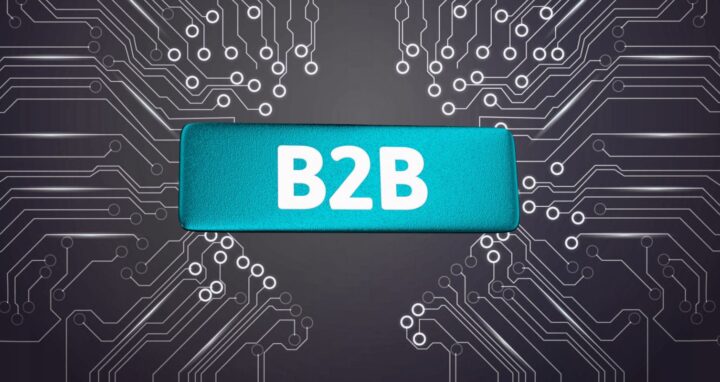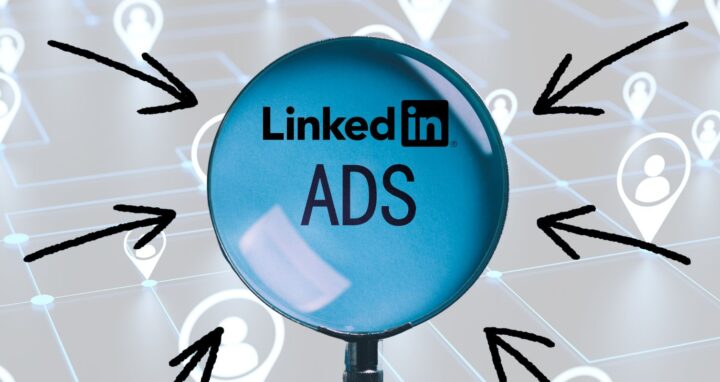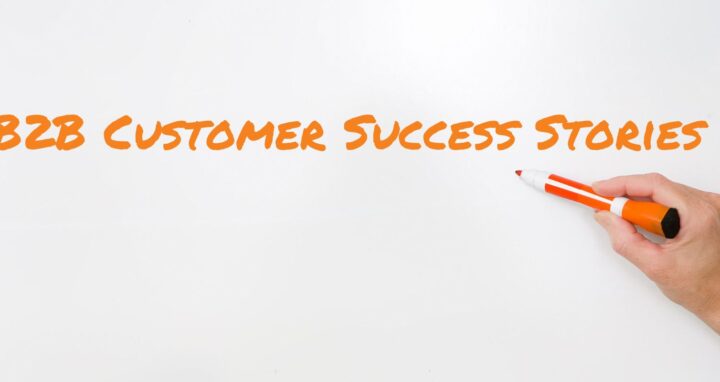When working in B2B marketing, it’s always important to understand your client and to whom you’re marketing your product. Marketing to engineers is no different. As a daughter of an engineer, I know firsthand that it’s not always easy to think like they think. Their technical mindsets are always looking for the most efficient way to create, fix or revolutionize their product, whether it’s an airplane for global use or a birdhouse for their backyard (and, take it from me, they always have the best ideas).
Here at Roberts, we work closely with engineers to market products and services to industry professionals. Just recently, the PR team sat down to view a webinar presented by Marketing to Engineers called “New Survey Data: Identifying Content Needs along the Engineers’ Buyers Journey and Preferences for Webcasts.” I want to share the valuable lessons I learned, and how these strategies can be applied to just about any industry.
Cold, hard facts
It’s not surprising that when engineers are in the market for a new product or service, they’re looking for the cold, hard facts. Infographics might be pretty, but they’re not practical and they aren’t what engineers find useful. Social media and blogs might be hot right now too, but the majority of engineers aren’t using these tools to get their information. Engineers can see right through your advertising strategy and aren’t going to be “tricked” into buying your product. Instead, they’re looking at webinars, trade magazines, white papers and other informational tools. A common thread between these sources? They are valuable tools for engineers because they are educational and include practical information like product specs and case studies.
“Just Google it”
More importantly, these engineers are self-educating. The first place they go to research a product or service is Google, not a sales rep. Think about it, when you’re looking for a new computer or car, where do you go? Engineers aren’t any different. According to the webinar, they start researching products well before a purchase. Marketing to Engineers found that engineers on average start their research 8 months before a large-scale project, and 3 months before a small-scale project. Having this information well before a purchase is made, and in the format or platform they find useful, is necessary to effectively market to these individuals.
What are they looking for?
The most important factors Marketing to Engineers found to be effective in, well, marketing to engineers, wasn’t the product’s aesthetic or color – but you probably didn’t need me to tell you that. First and foremost, product quality was the reason why a purchase was made. Close behind was the service and support available, previous experience with that company, manufacturer reputation, lifecycle cost and more. What does this tell us? Engineers want a product that is reliable, from a reliable company and for a significant period of time. Your reputation as a company and how well your product is made will be deciding factors when an engineer is making a purchase.
Look at how you’re marketing your product and company. Will it be effective in reaching your audience? When working in the B2B industry, you may not always work with a client who has similar interests or ways of thinking. Do your research, survey industry professionals and find out what makes them tick. These research strategies can be applied to any client in any industry. As long as you understand who you’re marketing to and implement effective strategies, your campaign is bound for success.
To learn more, contact the Roberts Communications public relations team at: [email protected] or 585-246-0256



